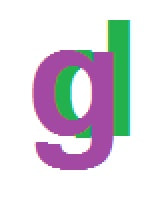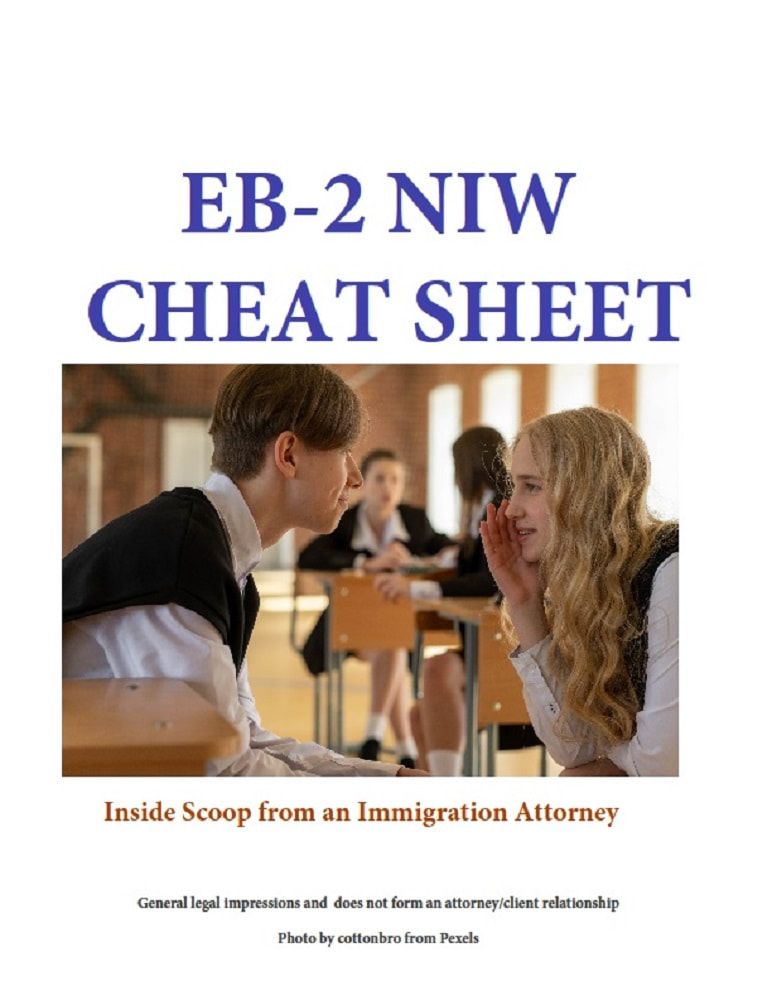Photos from shixart1985 (CC BY 2.0), themostinept, Cold, Indrid, Alexandre Dulaunoy, radkuch.13, Phillip Pessar, SchuminWeb, themostinept, EpicTop10.com, wuestenigel, DonkeyHotey, wwarby, hile, PEO, Assembled Chemical Weapons Alternatives, Aidan Jones, oliff11, Michael C. Rael, Unique Randomness, wuestenigel, Jonathan Rolande, wuestenigel, shixart1985, byzantiumbooks



 RSS Feed
RSS Feed




